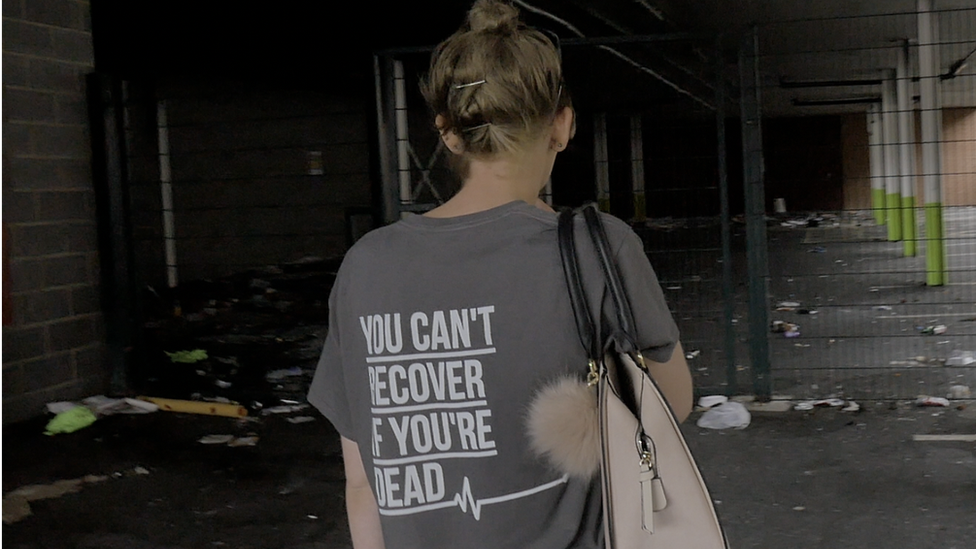Coronavirus: Experts warn of 'post-lockdown drugs binge'
- Published
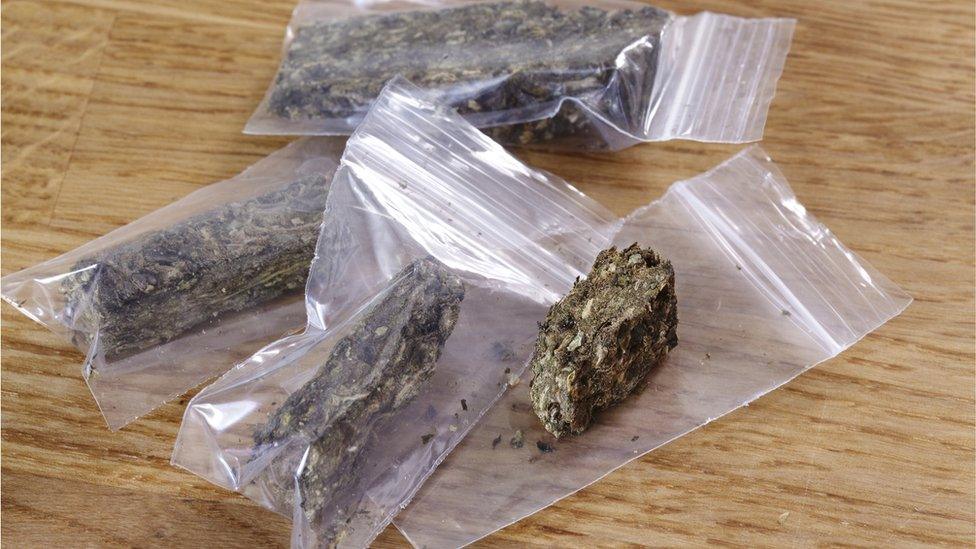
Some drug dealers have pretended to be food delivery drivers to escape detection
Experts have warned of a post-coronavirus illegal drugs binge as people get back into the habit. We spoke to users, police and policy figures to get an insight on the trade as it emerges from lockdown.
Tom smokes cannabis on a regular basis, and normally he would use Class A drugs with friends on a weekend.
But the pandemic has changed that.
He has been furloughed, and the 28-year-old from Middlesbrough's drug use has become much more frequent.
"Obviously I have a lot more time on my hands. I suppose the weekend is basically all the time now so I'm using more cocaine and ecstasy," he said.
Tom spoke to the BBC Sounds podcast Unusual Times as part of an investigation into the effect of coronavirus on UK drug culture.
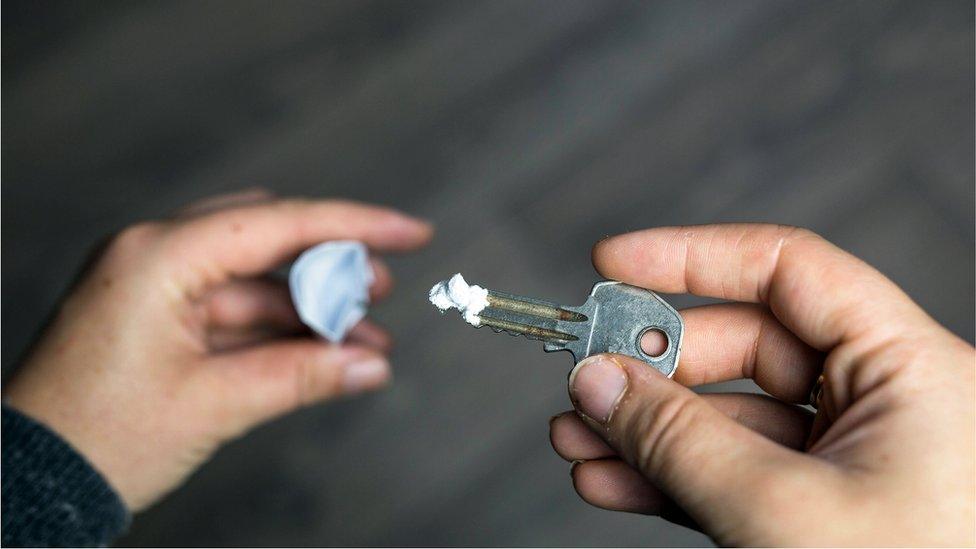
Harry told us the temptation was always there
Breaking lockdown rules, and being at an extra risk of catching and spreading Covid-19, has not been a concern for him.
"There are people that are breaking the lockdown a lot more that people should be worried about, instead of the odd person picking up a bit of drugs here and there," he said.
"I'm probably more likely to die from what's in the bag than what's contaminated on the outside of the bag."
According to the latest figures from the Home Office, one in 11 adults in the UK, which would equate to about 3.2 million people, admitted to using illegal drugs in the last year.
Liz McCulloch, director of policy at think tank Volteface, said as the government continued to ease the restrictions, there could well be a "post-lockdown drugs binge".
She said changes in people's drug use depended largely on personal circumstance, and while it was difficult to establish a national trend, surveys conducted at the start of lockdown suggested the black market had remained largely the same.
"There was an example of a dealer pretending to be a Deliveroo driver to evade notice," she said.
"We've also heard of dealers being very conscious of hygiene, disinfecting notes, or using online transactions, and trying to keep a hygienic work environment, but this is an illegal and unregulated market, and there will be many others who are not doing this."
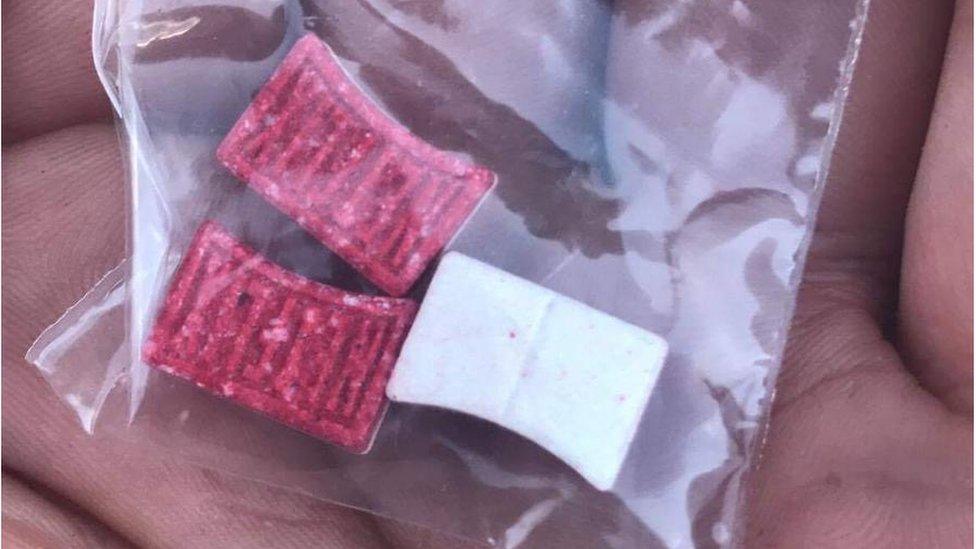
These ecstasy tablets are branded with Netflix - but have nothing to do with the media company
Despite saying drugs have been accessible throughout lockdown, 25-year-old Harry said he had cut down.
He moved back home with his mum in Durham, who did not know about his drug use, and cited this as one of the reasons his use of Class A and B drugs had decreased.
"The social scene is dead now. I'd normally do it with the lads on a night out but obviously that's gone," he said.
"It's a bit pointless doing it on my own in my room."
Despite this, he admitted "the temptation is always there" and, talking about the risk of contracting coronavirus, claimed "it's probably safer picking up a bag of coke, or a bag of weed, than it is going to the supermarket".
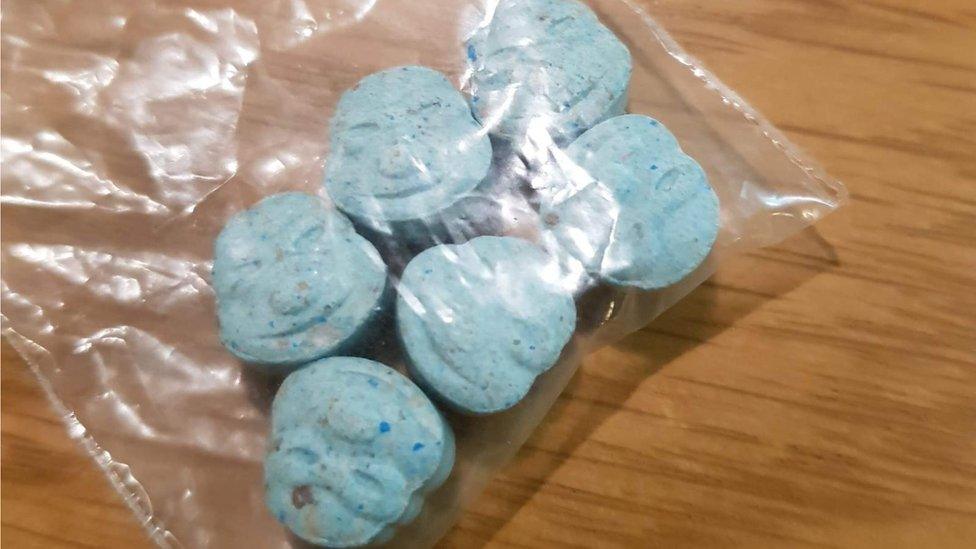
The government says it is monitoring the impact of the pandemic
George Charlton, a drugs and harm prevention campaigner, said: "As the lockdown begins to ease, people will be more inclined to go out and party - but you've got to be careful.
"The safest way to use drugs is not to use them at all, but we know people will use drugs. Make sure you you always test your drugs, and never make the assumption that the drugs you're taking are the drugs you've been told you're getting."
The return of the night-time economy would be likely to see an influx of drug use and strain the emergency services, according to Lincolnshire Police Deputy Chief Constable Jason Harwin, who is also the National Police Chiefs Council lead on drugs.
"There's a real risk as we move into the next phase, as we know the influence that drugs can have on people's behaviour. The levels of violence and aggression can increase.
"If people have not been able to access drugs, there's a risk that use goes up. There's a real risk that people overdose.
"It's the old bit of 'I've not had anything for a bit, so I'm going to make the most of it' and they take too much, and their bodies can't handle it."
The government said it was "closely monitoring the impact of the pandemic and working closely with the police to respond to any changes in the illegal drug supply".
There are resources for anyone affected by the issues in this article here.

Follow BBC North East & Cumbria on Twitter, external, Facebook, external and Instagram, external. Send your story ideas to northeastandcumbria@bbc.co.uk, external.
- Published8 August 2019
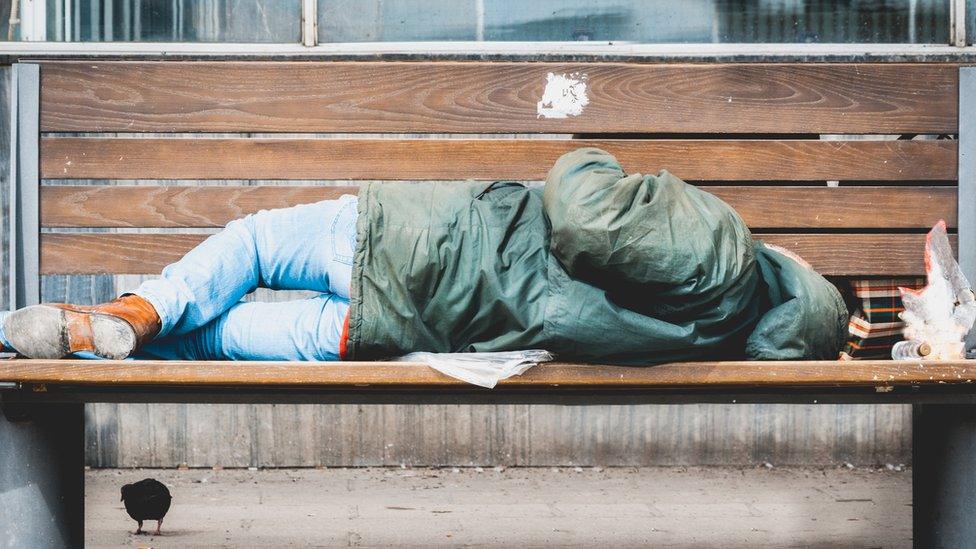
- Published12 January 2020
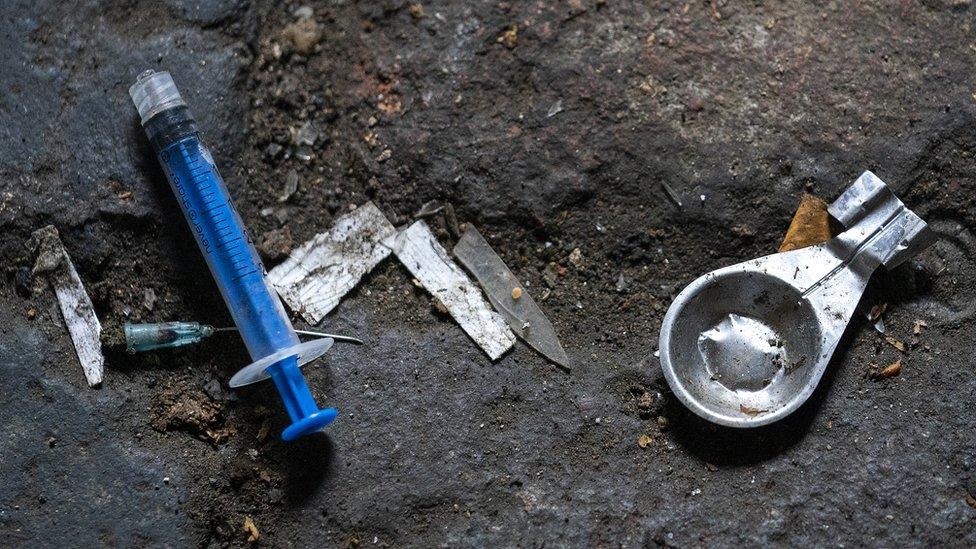
- Published31 October 2019
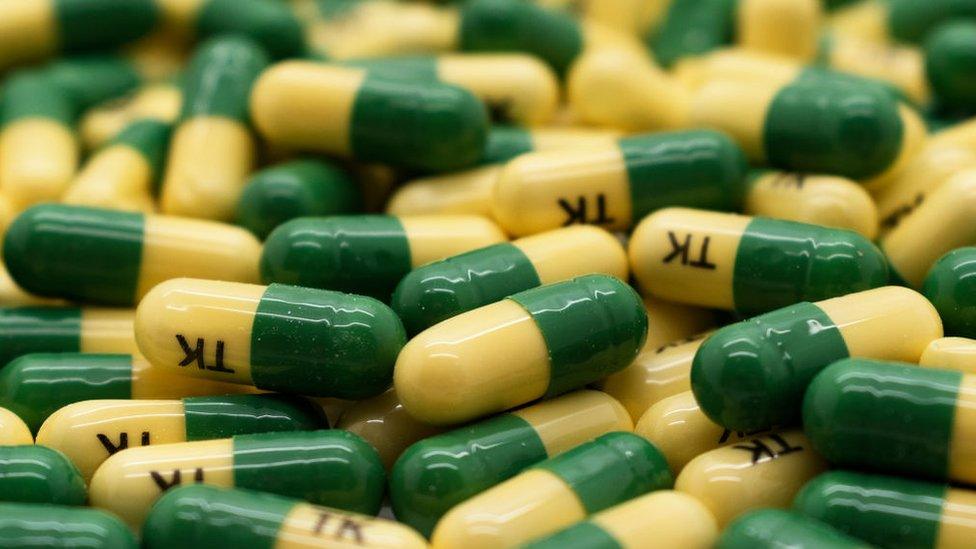
- Published20 January 2020
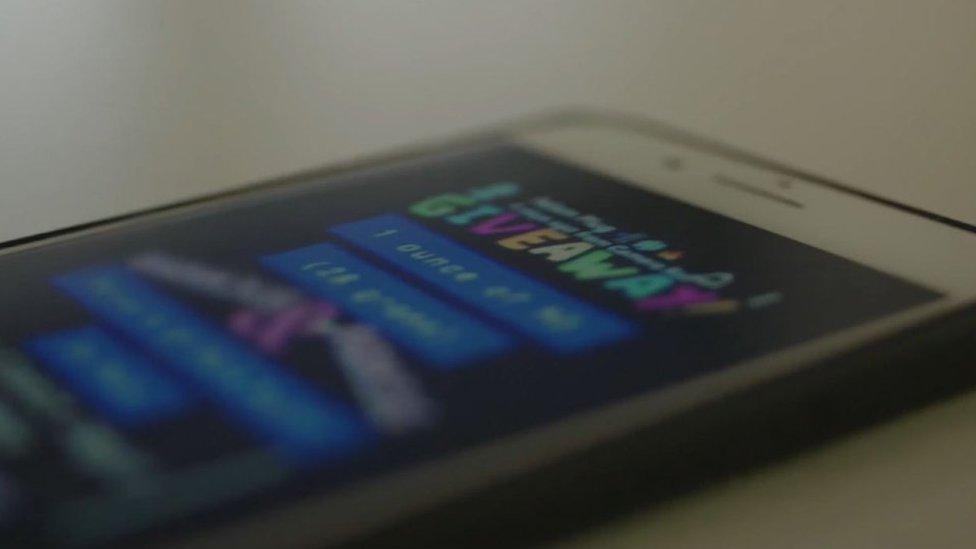
- Published4 September 2019
